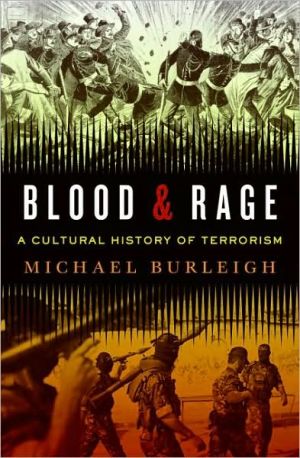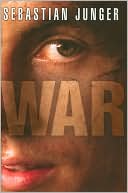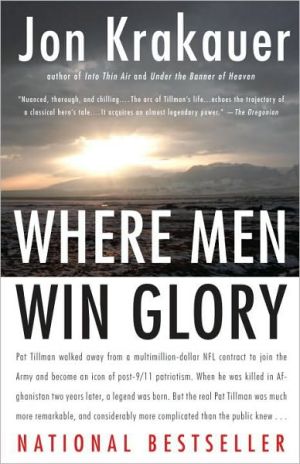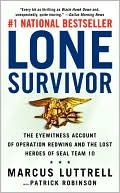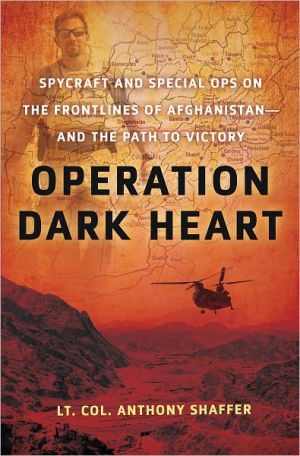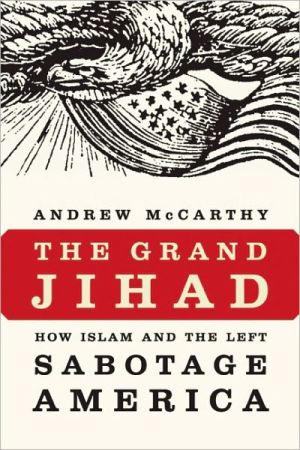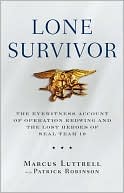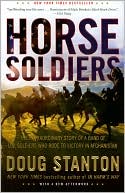Blood and Rage: A Cultural History of Terrorism
Blood and Rage is a sweeping and deeply penetrating work of history that explores the nature of terrorism from its origins in the West to today's global threat fueled by fundamentalists. Distinguished historian Michael Burleigh ("There are few better writers at work today" —The Sunday Times) emphasizes the lethal resentments and the twisted morality that spawn terrorism rather than the ideological or religious justification that routinely accompanies it. He reveals who the terrorist groups...
Search in google:
Blood and Rage is a sweeping and deeply penetrating work of history that explores the nature of terrorism from its origins in the West to today's global threat fueled by fundamentalists. Distinguished historian Michael Burleigh ("There are few better writers at work today" —The Sunday Times) emphasizes the lethal resentments and the twisted morality that spawn terrorism rather than the ideological or religious justification that routinely accompanies it. He reveals who the terrorist groups are, how they organize and operate, what motivates their violence, and how wider support encourages them. Burleigh takes us from the roots of terrorism in the Irish Republican Brotherhood, the Russian Nihilists, and the London-based anarchists of Black International to the various terrorist campaigns that exist today. He also explores the lives of people engaged in careers of political violence and those who are most affected by terrorism. Burleigh argues persuasively that history enables us to see how terrorism can be effectively contained and countered by avoiding the major mistakes of the past and by exploiting weaknesses within terrorist organizations. The problems in today's world, as well—especially the chaos inflicted by terrorism in Iraq and Afghanistan—reflect the tragic, disastrous, and far-reaching consequences of this long war. Authoritative, illuminating, and masterfully written, Blood and Rage sheds an unflinching light on the global threat that we are likely to face for decades to come. The New York Times - Louise Richardson Behind the blood and the rage, this is a learned and erudite book. Burleigh's broad survey provides detailed descriptions of many of the most important terrorist movements and the sociopolitical contexts in which they have operated since the mid-19th century. He seamlessly synthesizes vast amounts of historical material and provides often riveting accounts of terrorist atrocities and the literary and political environments where they took place.
1 Green: The Fenian Dynamiters 12 Red: Russian Nihilists and Revolutionaries 273 Black: Anarchists and Terrorism 674 Death in the Sun: Terror and Decolonisation 885 Attention-Seeking: Black September and International Terrorism 1526 Guilty White Kids: The Red Brigades and the Red Army Faction 1897 Small-Nation Terror 2688 World Rage: Islamist Terrorism 346Afterthoughts 487Acknowledgements 513Notes 515Picture Credits 531Select Bibliography 533Index 547
\ Louise RichardsonBehind the blood and the rage, this is a learned and erudite book. Burleigh's broad survey provides detailed descriptions of many of the most important terrorist movements and the sociopolitical contexts in which they have operated since the mid-19th century. He seamlessly synthesizes vast amounts of historical material and provides often riveting accounts of terrorist atrocities and the literary and political environments where they took place.\ —The New York Times\ \ \ \ \ Publishers WeeklyBurleigh (Earthly Powers), one of the leading English-language scholars of the role of ideas in the modern world, makes another major contribution in this pull-no-punches cultural study of terrorism as it has been lived and practiced for a century and a half. Burleigh sees modern terrorism's roots in the mid-19th century, with the emergence of the Irish Fenians, the Russian nihilists, the Western anarchists who used fear induced by violence to compensate for their lack of political power. Their tactics were adopted in the mid-20th century by movements seeking decolonization, like the Palestinian Black September, Italy's Red Brigades and Germany's Red Army Faction. By century's end, terrorism further mutated into a tool for marginalized "local nations" like the Basques. Most recently, terrorism has become identified with what Burleigh calls the "world rage of Islamism." Burleigh's case studies demonstrate mercilessly that terrorism is "a career, a culture, and a way of life" attractive for its own sake as well as its ostensible objectives. The terrorist milieu, the author demonstrates convincingly, is "morally squalid," intellectually bankrupt and politically barren. Burleigh considers the lessons history has to teach us, though he eschews policy recommendations. (Mar.)\ Copyright © Reed Business Information, a division of Reed Elsevier Inc. All rights reserved.\ \ \ Library JournalBritish historian Burleigh (Sacred Causes: The Clash of Religion and Politics, from the Great War to the War on Terror), who defines himself here as a conservative realist, examines the cultural history of terrorism from the Irish Fenians in the mid-19th century through our times. Groups covered include Russian nihilists, American and European anarchists, Palestinian Black September, Italian Red Brigades, and al-Qaeda. Instead of studying the ideology that compels people to adopt violence as a means of social and political change, Burleigh focuses on the life histories and actions of the participants (e.g., how and from whom they obtain funds and weapons; how they plan and execute attacks on people and institutions). From this perspective, people who become terrorists are not always freedom fighters but individuals who occupy a world that is "morally squalid when it is not merely criminal," as Burleigh writes. He discusses the responses of governments to these threats, using research from periodical articles and secondary sources. The central value of this work lies in the examination of the inner workings of terrorist organizations. Some readers will take issue with the author's political bent and his apparent hostility to concepts of social change. Recommended for all public and academic libraries.\ —Stephen L. Hupp\ \ \
